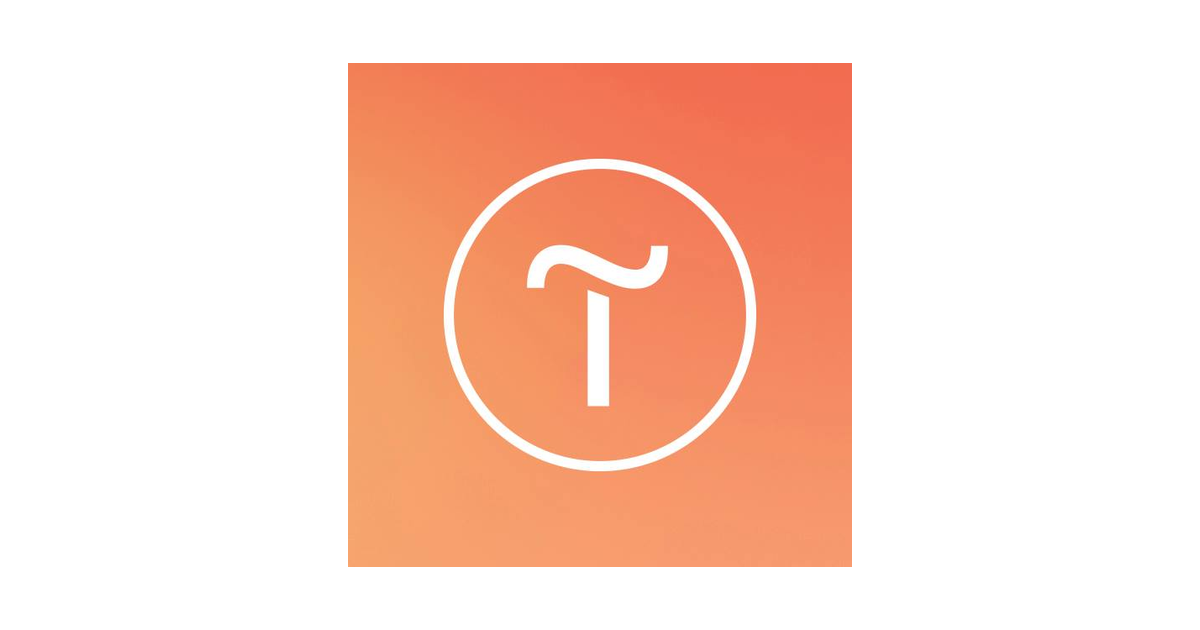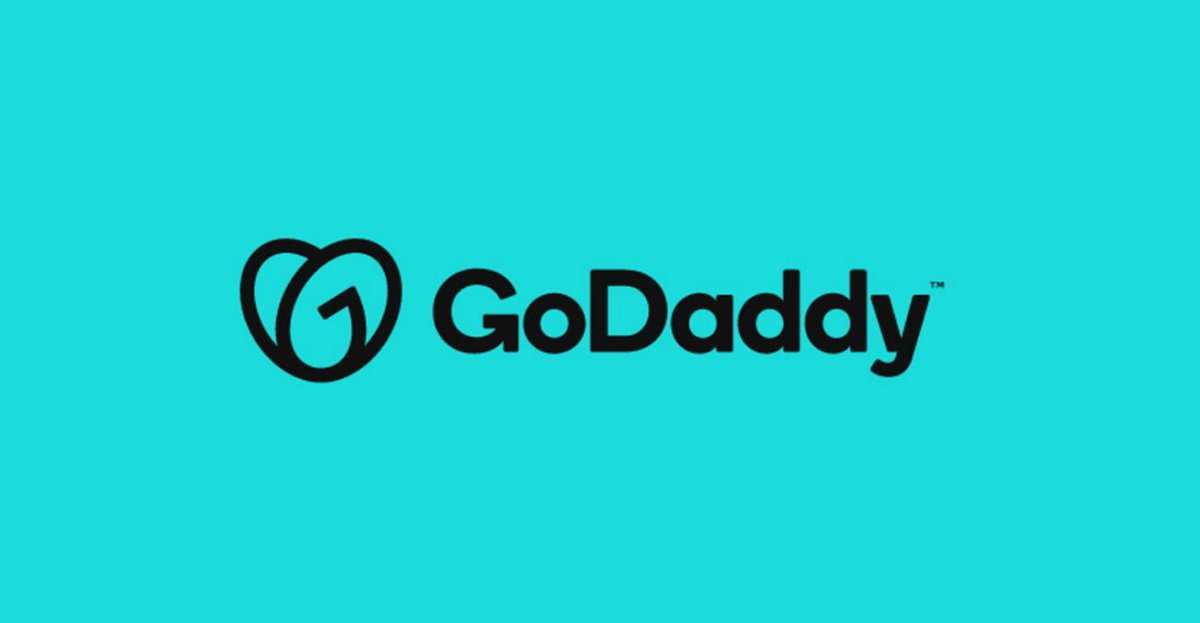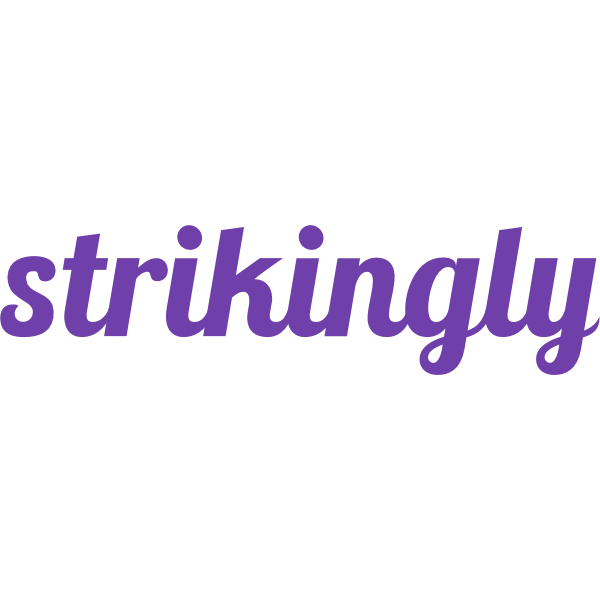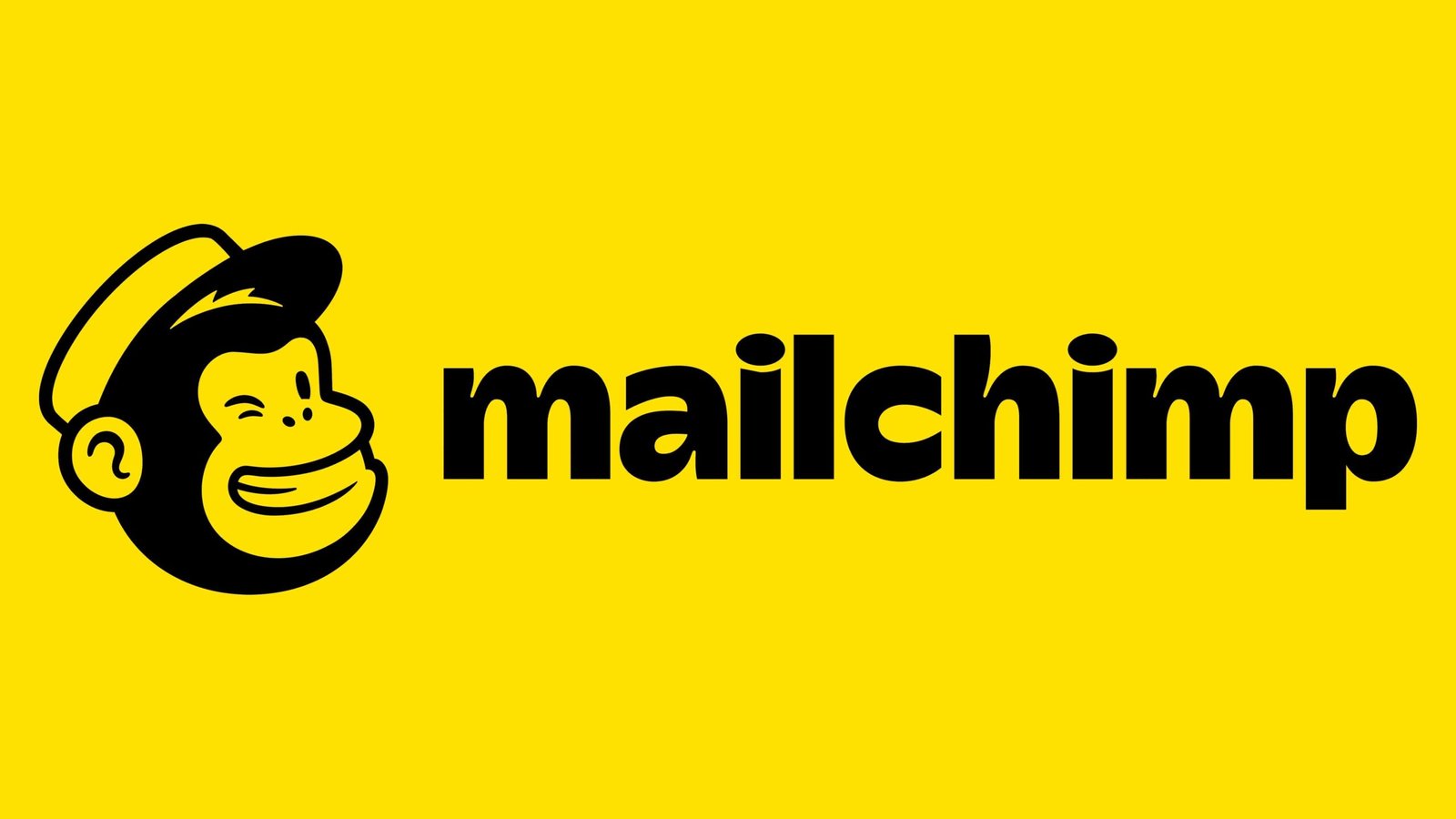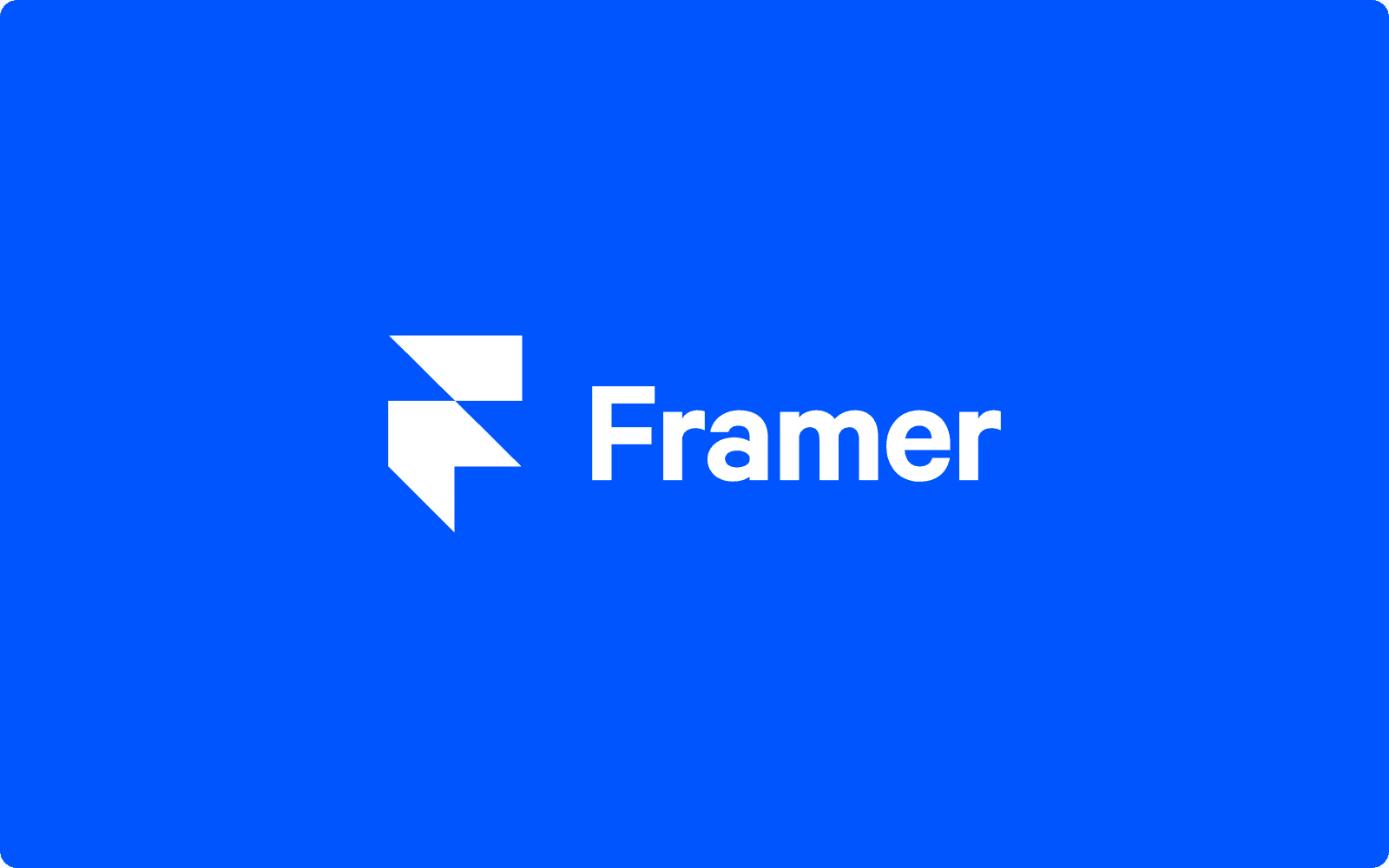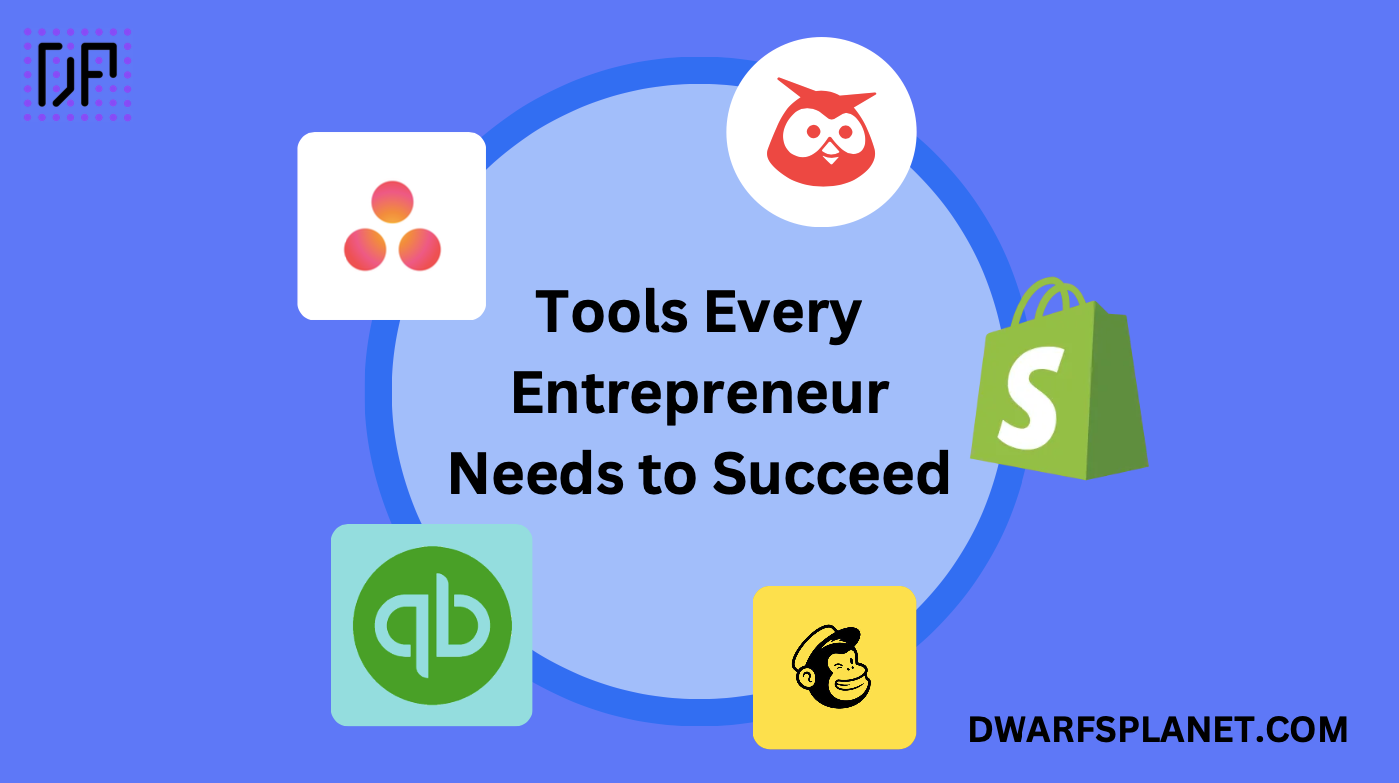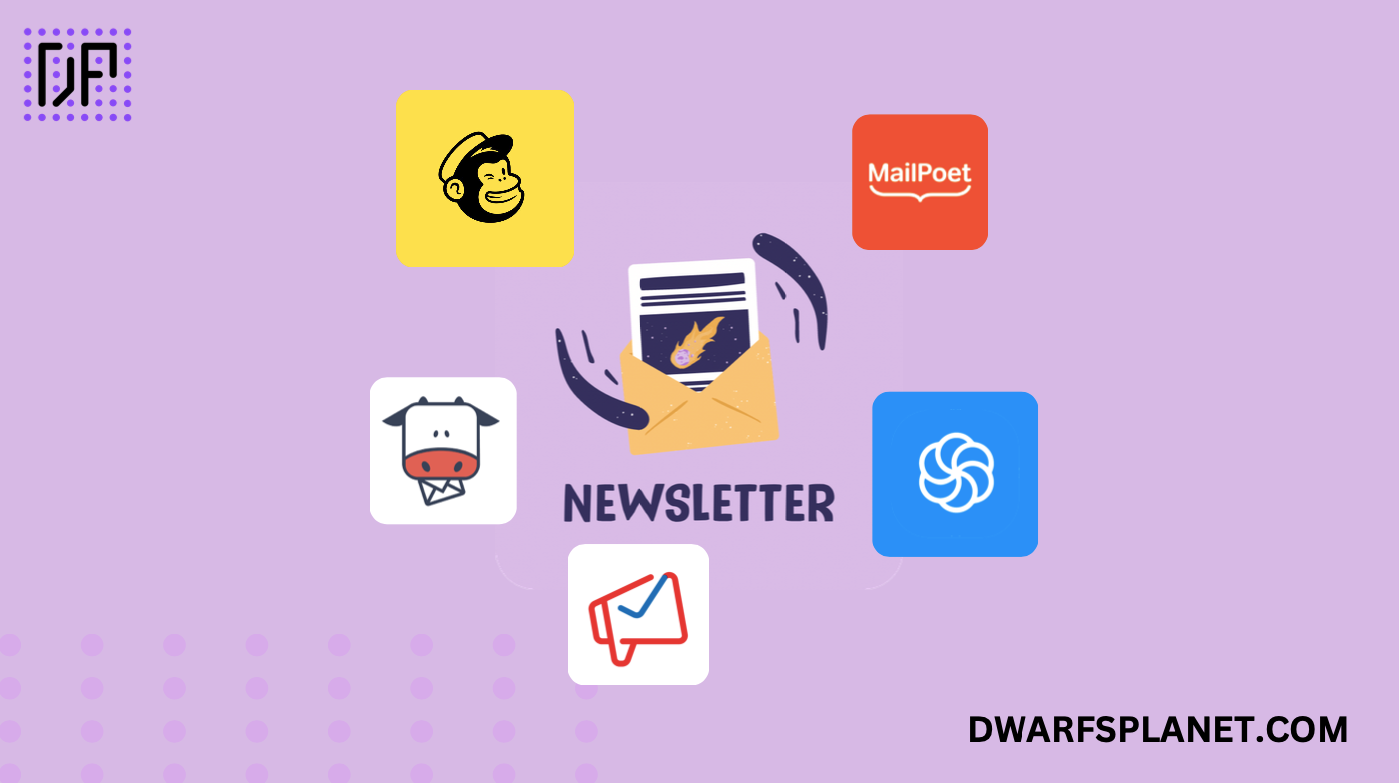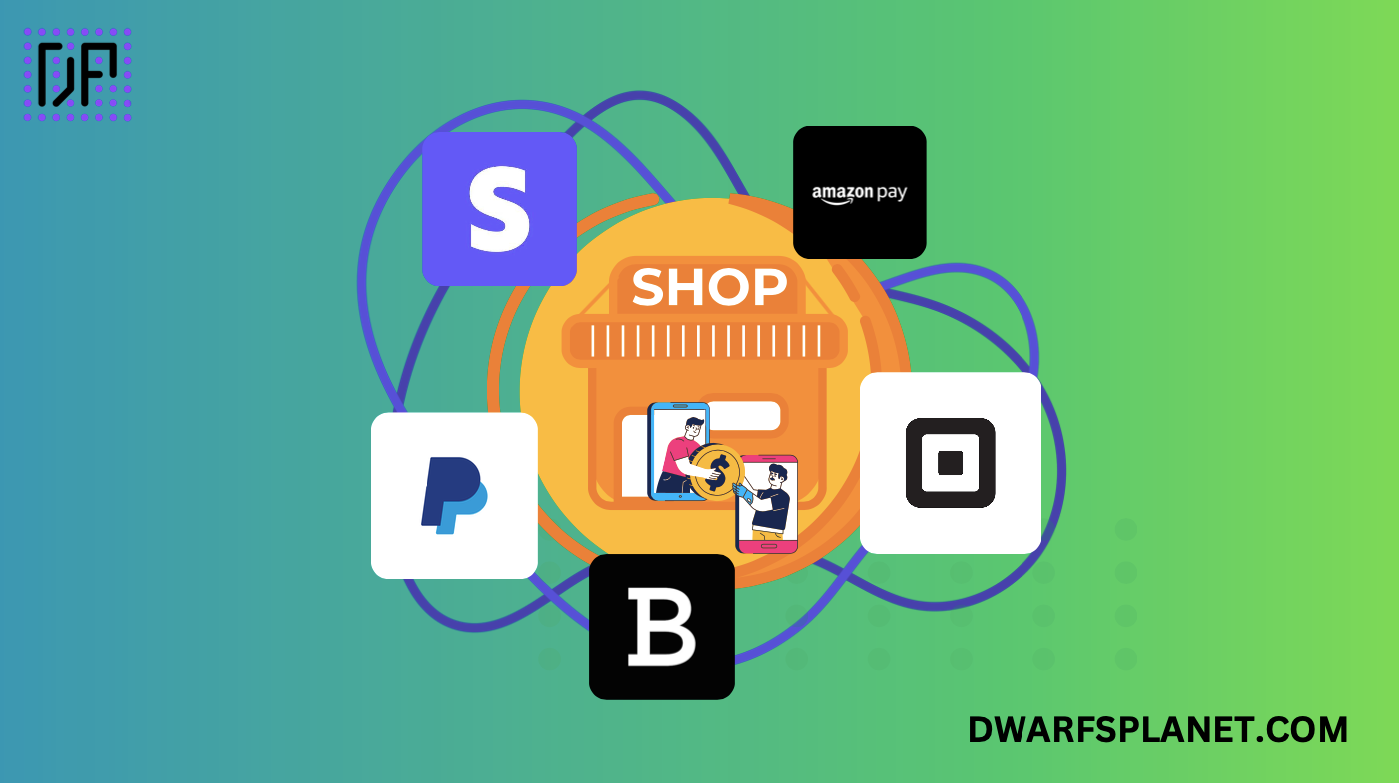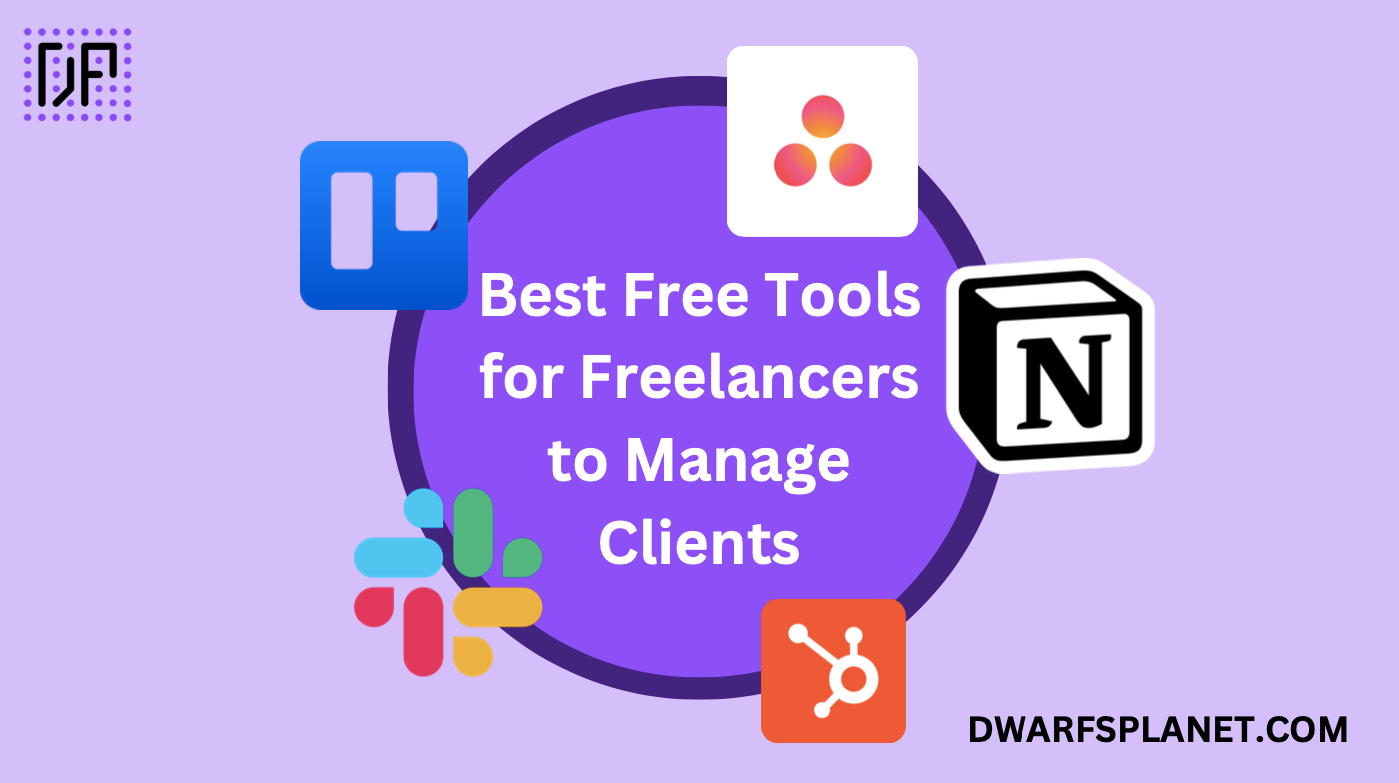AI-driven platform for creating visually appealing websites.
Tilda is a website builder designed for creating visually rich and content-heavy websites. Known for its focus on typography, storytelling, and clean design, Tilda offers a user-friendly platform with a block-based editor that allows users to build websites with beautiful layouts and seamless content integration. Tilda is ideal for designers, creatives, marketers, and businesses looking to create stunning landing pages, portfolios, blogs, and online stores.
Key Features
- Block-Based Editor: Tilda’s intuitive block-based editor allows users to build websites by stacking pre-designed blocks, including headers, images, text, galleries, and more, ensuring consistent design and easy customization.
- Over 550 Pre-Designed Blocks: Tilda offers an extensive library of pre-designed blocks that can be customized to fit your brand and style, making it easy to create professional layouts without needing to design from scratch.
- Zero Block: For more advanced users, Tilda’s Zero Block feature allows for complete design freedom, enabling users to create custom blocks with precise control over layout, animations, and interactions.
- Typography and Design: Tilda places a strong emphasis on typography and design, offering a wide selection of fonts, color schemes, and layout options that make it easy to create visually appealing content.
- Responsive Design: All websites built on Tilda are fully responsive, ensuring that they look great on any device, from desktops to mobile phones.
- SEO and Analytics: Tilda includes built-in SEO tools and integrates with Google Analytics, making it easy to optimize your website for search engines and track visitor behavior.
- E-Commerce Integration: Tilda offers basic e-commerce functionality, allowing users to create online stores, manage products, and accept payments.
- Export to HTML: Users can export their Tilda projects as HTML files, allowing for further customization and hosting on other platforms.
Benefits
- Elegant Design: Tilda’s focus on typography and design makes it easy to create visually stunning websites that emphasize content and storytelling.
- Ease of Use: The block-based editor and extensive library of pre-designed blocks make it easy for users to build professional-looking websites without design skills.
- Custom Design Freedom: The Zero Block feature provides advanced users with complete control over the design, allowing for highly customized and unique layouts.
- Content Focused: Tilda is ideal for content-rich websites, such as blogs, portfolios, and landing pages, where the presentation of text and images is critical.
Strong Suit
Tilda’s strongest feature is its elegant, content-focused design capabilities, making it an ideal choice for creatives, marketers, and businesses looking to create visually appealing and content-rich websites.
Pricing
- Free Plan: Allows users to create one website with a limited number of pages and Tilda branding.
- Personal Plan: Starting at $15 per month, offering more pages, custom domains, and access to Zero Block.
- Business Plan: Starting at $25 per month, designed for businesses with additional features like e-commerce, CRM integration, and priority support.
Considerations
While Tilda is excellent for design-focused and content-rich websites, it may not be as feature-rich as other platforms when it comes to advanced e-commerce or large-scale websites. Additionally, its focus on visual design may require more effort for users who need extensive functionality beyond aesthetics.
AI-driven tool for creating websites with integrated hosting.
AI-driven tool for creating custom websites with drag-and-drop design.
AI-powered platform for creating single-page websites.
Summary Tilda is an elegant website builder that excels at creating content-rich and visually stunning websites. Its block-based editor, focus on typography, and design freedom make it an excellent choice for creatives, marketers, and businesses looking to build professional websites that prioritize content presentation. However, users needing advanced e-commerce or complex functionality may need to consider other platforms.

